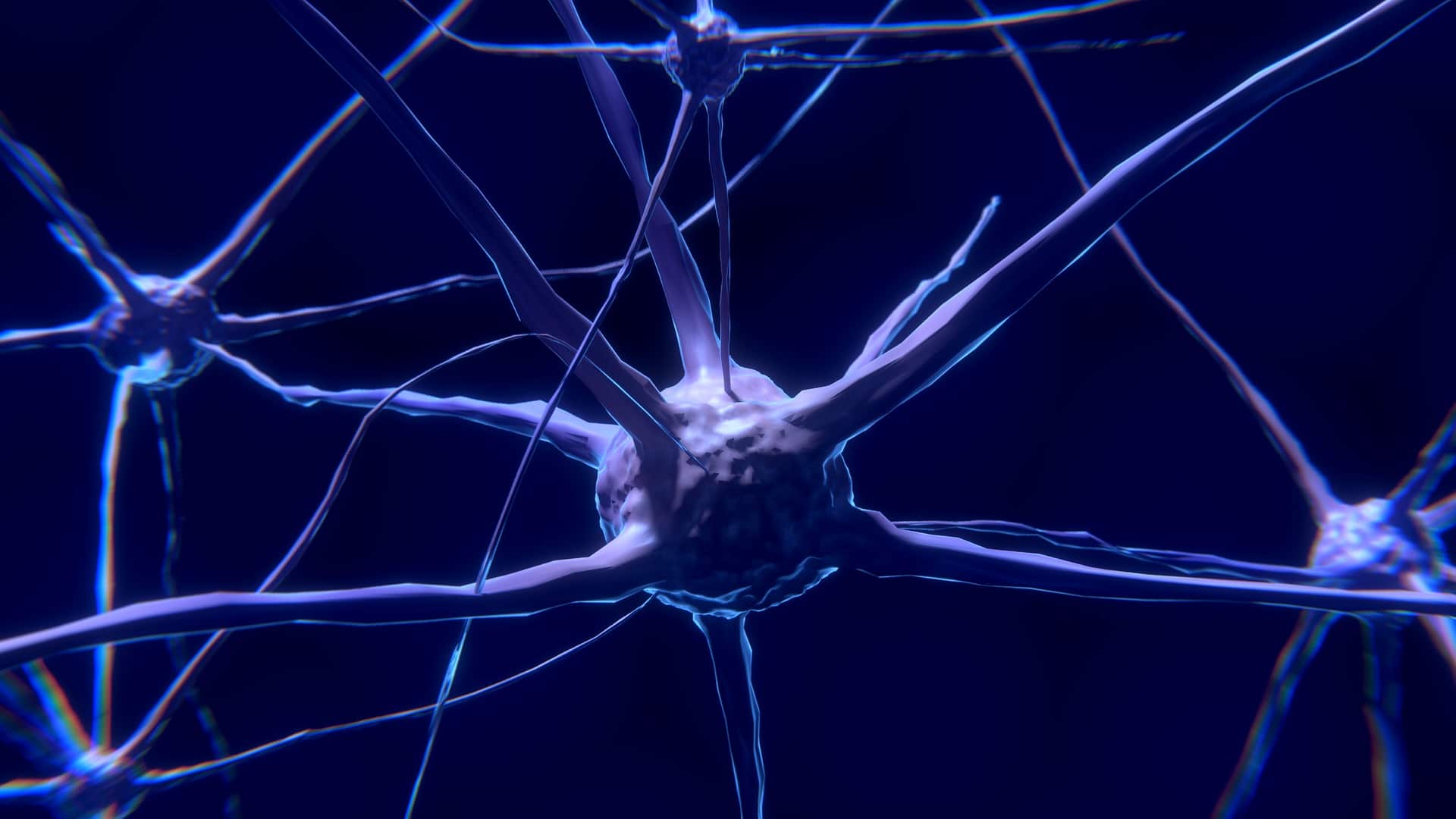The Effect of Heroin and Opioids on the Brain
September 15by smallcrowd

Opioids and heroin have specific effects on the brain that can make them particularly difficult drugs to detox naturally. According to research, there are a few natural opioids produced by the body including endorphins that effect specific protein receptors in the brain to give a feeling of well being. This is the reason why physical activity often gives you a buzz or ‘high’ feeling. The same neurotransmitters respond to drugs like heroin and opium and prescription opiates such as Vicodin and Oxycodone. The combination of drugs being absorbed into the bloodstream and the pleasant sensations they create almost inevitably leads to addiction.
How does the Brain Respond to Opioids?
The reason that many prescription drugs for chronic pain are opiate-based is because they work by lessening the body’s perception of pain by elevating the mood with steadily increasing levels of dopamine – the neurotransmitter that controls the brain’s reward and pleasure centers. It is often when people increase dosages of prescription drugs for pain-management that they are most vulnerable to developing addictive behavior. When someone first uses heroin, which is particularly strong in opiates, the body is flooded with a pleasant sensation due to the extremely high levels of dopamine produced. It is estimated that heroin produces up to 10 times the amount of dopamine that is naturally produced by the body to relieve pain or enjoy pleasure, making it a particularly addictive substance. This kind of stimulus to the brain serves to perpetuate addiction, although it is possible to effectively treat for a life of sobriety nevertheless.What are the Immediate Effects of Effects of Opioids on the Brain?
When opiates enter the brain, enzymes convert it back into morphine which rapidly binds to opioid receptors. This binding action is what provides instant pain relief and feelings of euphoria that are more intense than is naturally achievable with the body’s own endorphin production. The symptoms of prolonged opiate use and possible addiction include:- Impaired concentration and memory
- Inability to be flexible with routine tasks
- Indecisiveness and depression
- Inability to plan or be reliable
- Poor performance at work or school
- Anti-social behaviors such as aggression










